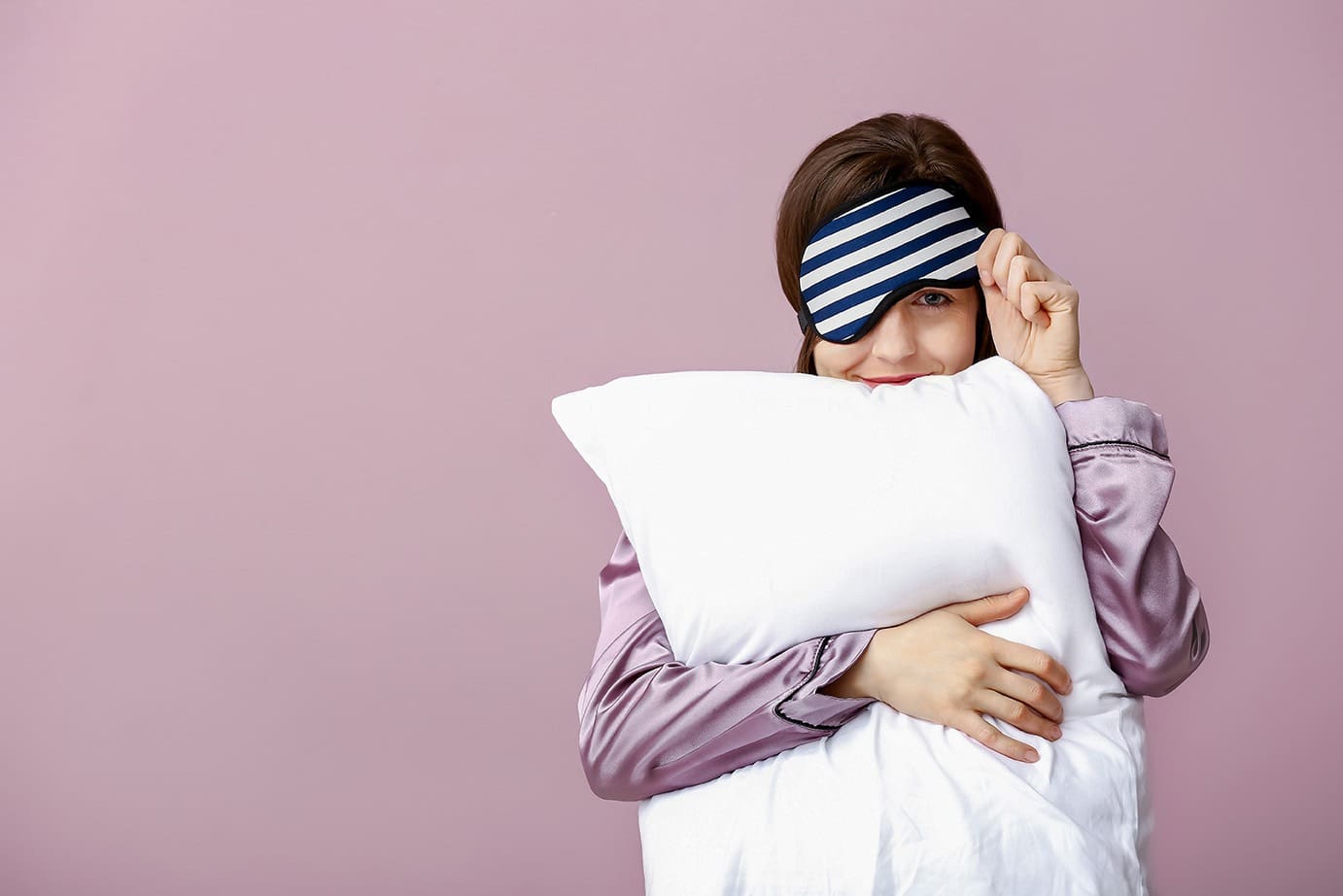Sleep apnea can be highly debilitating. It occurs when the walls of the throat come together and block your airways during sleep. It takes time for your body to realise you aren’t breathing – up to a minute – but then it’ll send an alert to wake you up and make you take a breath.
Almost always, you’ll go straight back to sleep and probably won’t remember waking up. But this process can repeat itself hundreds of times in a single night. It’s a problem because that disrupts the quality of your sleep making you feel fatigued and distracted the next day. Sleep apnea does seem to have links to heart disease and cognitive decline – but could it be associated with mood disorders, too?
In a recent South Korean study, researchers wanted to find out whether a diagnosis of obstructive sleep apnea meant someone was at increased risk of developing a mood disorder – depression or anxiety – in the decade following diagnosis. They found about 200 people who were diagnosed with sleep apnea, and another 800 healthy individuals as a comparison group. Both the groups were roughly similar, in terms of their mix of age, gender and income.
The researchers found that the chances of developing a mood disorder were significantly higher in the group with a sleep apnea diagnosis, compared to the normal group. Over the nine years of follow-up, people with sleep apnea were almost three times more likely to develop depression compared to the healthy group, and about one-and-a-half times more likely to develop anxiety.
There also seemed to be a difference between the sexes. Women with sleep apnea were even more likely to develop a mood disorder compared to men.
Implications
Though it seems people with sleep apnea are at higher risk of developing a mood disorder, the mechanism why this might occur isn’t clear.
What we do know is there are clear links between good quality sleep and improved mood, and that sleep apnea can result in irritability and trouble concentrating, which may have flow-on effects that result in disordered mood. If you are diagnosed with sleep apnea, it doesn’t mean you will develop depression or anxiety – but it should be something to keep an eye on.

